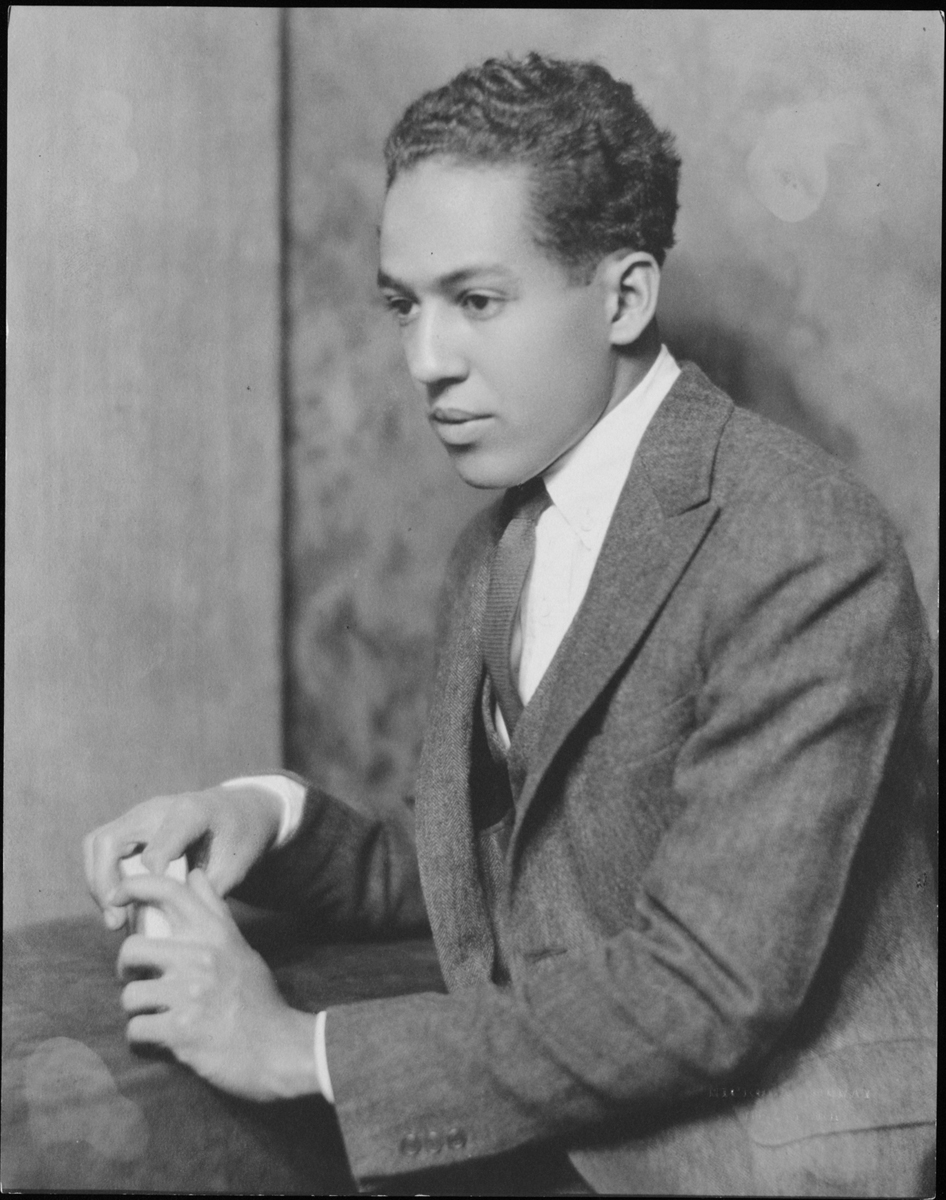Respond to a Reading: “The Negro Speaks of Rivers” by Langston Hughes
Respond to a Reading: Langston Hughes, “The Negro Speaks of Rivers”
Read the poem “The Negro Speaks of Rivers” below and respond to the questions in the margin. When you are done, “submit” your response.
Langston Hughes

Langston Hughes was born in Joplin, Missouri. His father was a businessman and lawyer and his mother was a teacher. Hughes attended Columbia University, graduated from Lincoln University in 1929, traveled throughout the world, and held many odd jobs as a young man. Hughes had a long and prolific career as a writer in all genres and was the central figure of the Harlem Renaissance, a 1920s movement committed to the examination and celebration of black life in America and its African heritage. He was the Madrid correspondent for the Baltimore Afro-American (1937) and a columnist for the Chicago Defender (1943-67) and the New York Post (1962-67). Hughes’s poems of racial affirmation and protest are often infused with the rhythms of blues and jazz music. He wrote more than two dozen plays (many set to music) and founded the Suitcase Theater (Harlem, 1938), the New Negro Theater (Los Angeles, 1939), and the Skyloft Players (Chicago, 1941). His works include The Weary Blues (1926), Montage of a Dream Deferred (1951), and The Panther and the Lash: Poems of Our Times (1969).
The Negro Speaks of Rivers
1
I’ve known rivers:
I’ve known rivers ancient as the world and older than the flow of human blood in human veins.
My soul has grown deep like the rivers.
2
I bathed in the Euphrates when dawns were young.
I built my hut near the Congo and it lulled me to sleep.
I looked upon the Nile and raised the pyramids above it.
3
I heard the singing of the Mississippi when Abe Lincoln went down to New Orleans, and
I’ve seen its muddy bosom turn all golden in the sunset.
4
I’ve known rivers:
Ancient, dusky rivers.
My soul has grown deep like the rivers.